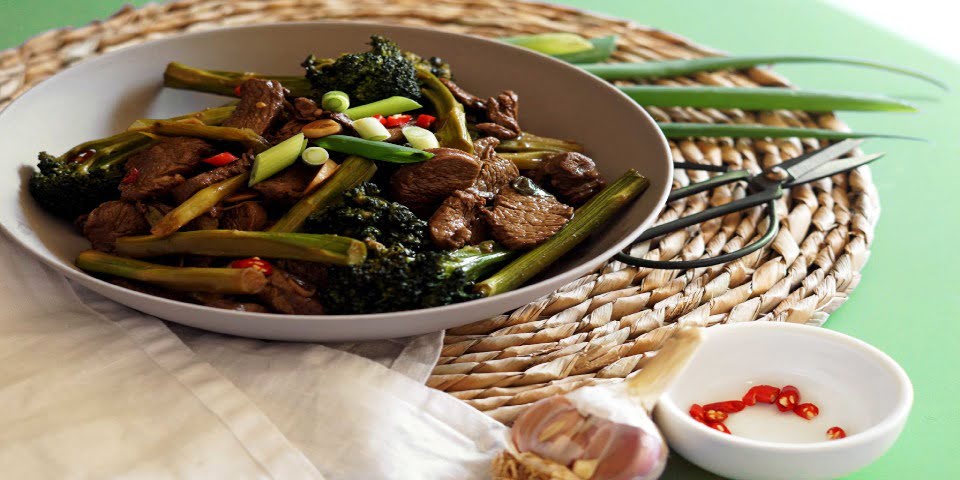The inaugural Swisse Wellness Survey highlights the “massive disconnect” between perceptions and reality for most Australians on three key indicators of good health – movement, nutrition and mental health.
The survey in partnership with Nielsen hopes to gain a deeper understanding of Australians health perceptions, behaviours, barriers and information sourcing.
The survey found that 72 per cent of Australians rated their diet as good to excellent, however, only 6 per cent were eating recommended intakes of vegetables, 5 per cent were eating recommended intakes of dairy, and 30 per cent were eating recommended intakes of fruit.
The survey also unveiled that more than half of Australian adults are not getting enough physical activity. A massive 85 per cent of Australians report low-to-moderate levels of stress and those who report high levels of stress have poorer self-ratings of good mental health.
The survey demonstrated that sedantary behaviours (watching TV and listening to music) are the most favoured stress-relief techniques by Aussie adults. It is known that both the TV light and alcohol can further affect the ability to sleep.
For the Swisse Wellness Survey, Nielson interviewd 3,002 people from a nationally represenatative sample of Australians aged 18 years and older, according to ABS Statistics based on age, gender and location.
Swisse Wellness managing Director Oliver Horn says, “the survey results will help equip Swisse to better tailor lifestyle initiatives that provide educational information and inpiring support to assist everyone’s health journey.”
The main reasons that are the top barriers for people not eating more vegetables, fruit and dairy was cited as a lack of desire and time, followed by low nutrition recommendation awareness and cost.
Swisse says that Australians are the highest consumers of supplements with 50 per cent preferring to get their nutrients through vitamin and mineral supplements.
Women (56 per cent) and Australians 65+ are more inclined than men and other age segments to take a vitamin or mineral supplement. Only 40 per cent of people prefer to get their nutrition intake from their food rather than a vitamin or supplement with men more inclined to have this attitude than women.
The killer, of course, is sleep, with 60 per cent of Australians saying they would like eight hours of sleep each night, however, only 30 per cent are getting this each week.
Further, only 29 per cent of people know a fair bit or a lot about mindfulness, of these women and those living in cities are most aware. So 61 per cent of who know little about mindfulness are most likely to practice the following mindfulness techniques: listening to music (49 per cent), being accepting of thougts and feelings (44 per cent), exercising (43 per cent), being aware and present in the moment (42 per cent).
Younger people are more likely to listen to music while seniors are more likely to practice living in the moment and being accepting of thoughts and feelings.
People are most likely to turn to healthcare professionals as the number one source of health information, then family and friends, with more women than men and those living in cities over rural and regional locations likley to seek out information.






